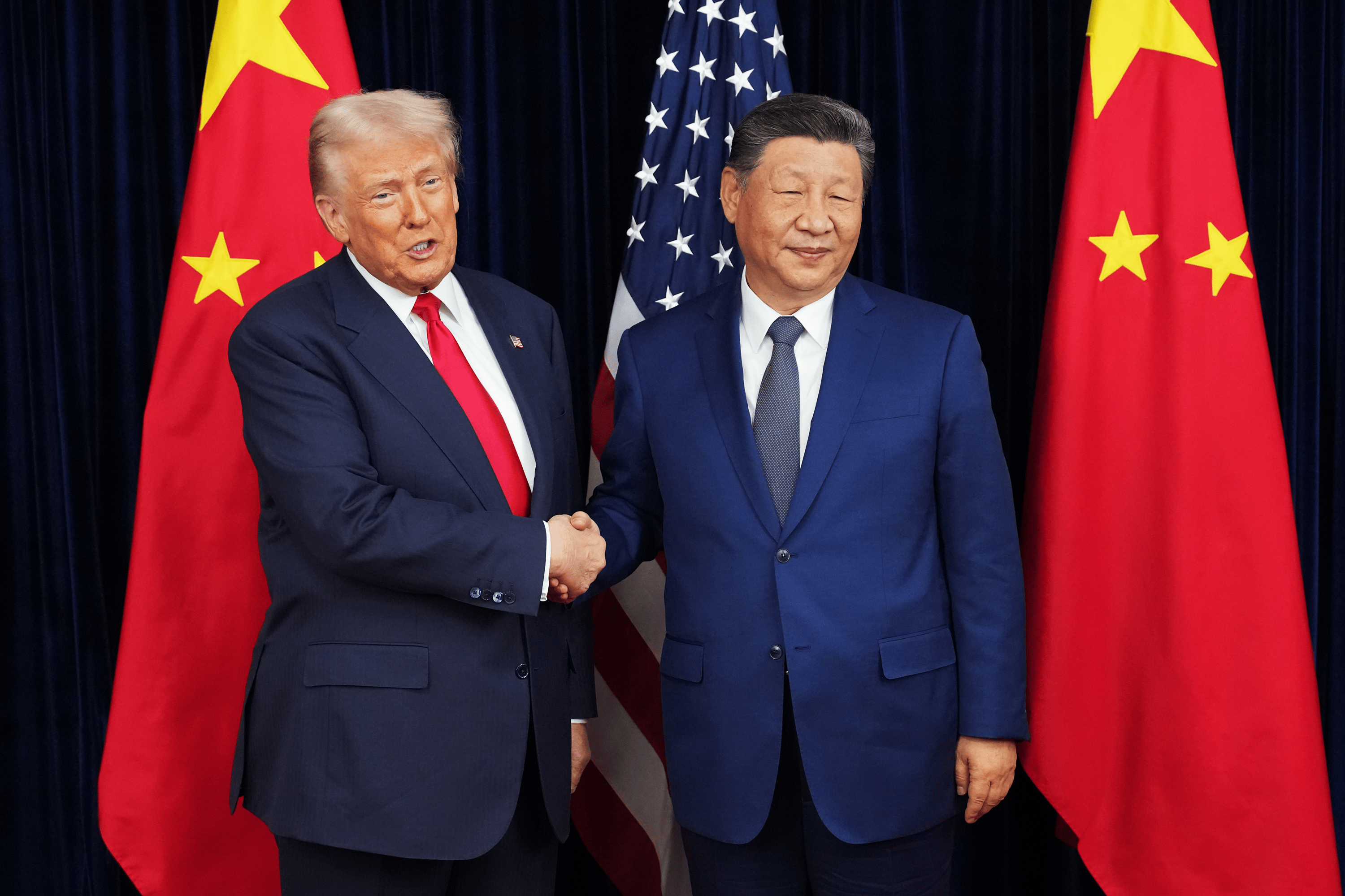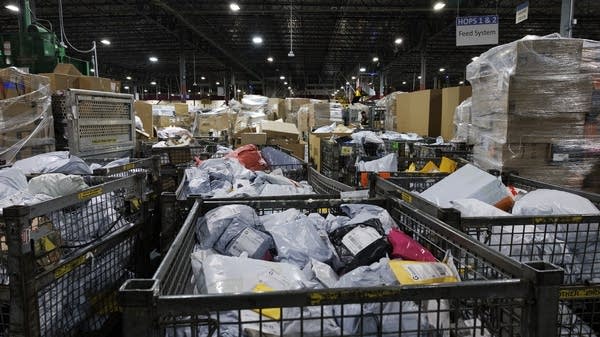Trump's 90-day pause on China tariffs is a relief to many U.S. farmers
China is the biggest international market for U.S. soybeans and many other crops.

The price of U.S. soybeans surged on Monday right alongside the stock market, following news that trade talks are moving forward with the number one customer for American farm commodities.
Steep tariffs had essentially created an embargo on soybeans, meat, cotton and other agricultural products moving from the U.S to China. And news of a 90-day pause is easing some of the farm economy’s angst.
North Dakota soybean farmer Josh Gackle made some time for me from the tractor on Monday morning.
“Driving through the field, yes, as we speak,” said Gackle, who is also chair of the American Soybean Association.
And even though he’s out planting in the wind and 90-degree heat, he’s in a better mood than the last time we spoke, about six weeks ago.
“We’re making progress and getting the crop in the ground. So, it feels good,” he said.
That’s because Gackle woke up to news that China is buying again. And China is the biggest international market for U.S. soybeans.
“Still yet a lot to be done but grateful that the two countries are talking,” said Gackle.
“I mean these farmers, they’re the ultimate optimists, you know,” said Jim Sutter, CEO of the U.S. Soybean Export Council.
Sutter said this trade war has been tough on U.S. commodity farmers’ nerves. But it has yet to make a serious impact on many of their bottom lines, since the steepest tariffs began at the tail end of the export season for U.S. soybeans and grains.
“The most important thing is that by the time we start to harvest our crop, we need to have some sort of a deal in place with China,” he said.
A deal that addresses the volatility producers have been dealing with, said agricultural economist Amy Hagerman at Oklahoma State University.
“You’re looking for stability in that relationship, you’re looking for favorable terms of trade,” said Hagerman.
She said that means lower tariffs on U.S. goods over the long term, and possibly a commitment by China to purchase more crops.
That’s a top priority for Gackle.
“It shows a commitment from Chinese buyers that they will continue to look to the U.S. when it comes to making those purchases,” he said.
Rather than Brazil and other South American suppliers who filled the gap during Trump’s last trade war with China.
Gackle is cautiously hopeful that by the time it goes to market, his crop will be worth the investment he’s put into it.
“You know that 90 days would be in August,” he said.
When the soybeans he’s planting now are about ready to be harvested.













